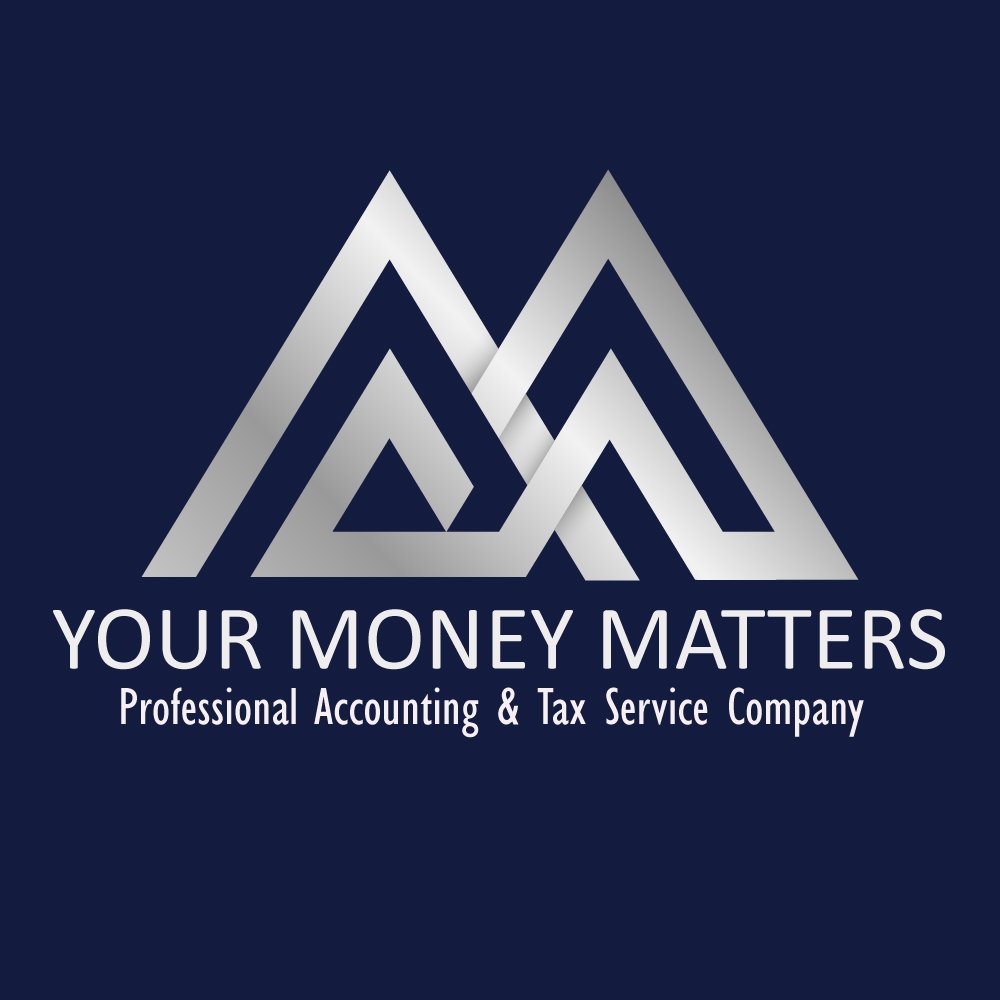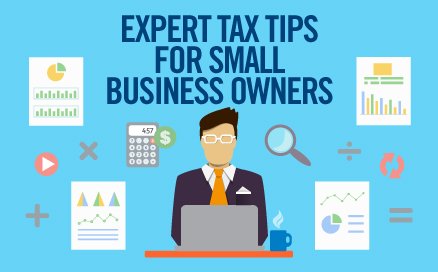When tax filing season rolls around, a lot of small-business owners find themselves engrossed in a never-ending pile of paperwork and tax expert meetings. The anxiety of tax season may be partly diminished if you have a reliable tax accounting company on your side. Even so, if you’re taking advantage of every advantage to lower your tax liabilities, you could feel uneasy. You can maximize your tax savings by concentrating on a select few tactics and hiring the correct experts to file your taxes. These will enable you to keep your benefits this tax season and ensure that the following one goes even more smoothly.
What are the Benefits of Tax Planning for Business Owners?
There are multiple benefits of tax planning for business owners. We will discuss some of them.
Make Use of all Available Deductions
Tax deductions for small businesses are one of the best methods to lower your overall tax liability. Note that deductions are complex, and incorrect filing can result in an audit. Every necessary expense you incur can result in significant tax savings if your business is run to make a profit. You need to know exactly what the IRS considers a business expense to determine if an expense is tax deductible. The costs that you should deduct are:
- be practical, essential, and pertinent in your field
- be developed for business (not for personal use)
- be common (accepted in your sector).
Put Money into a Retirement Plan
Establishing a SEP IRA is most easily done through your bank, insurance provider, or another financial institution such as an Internet investment agency. For small businesses with less than 100 employees, another choice for retirement savings is the SIMPLE IRA or savings incentive match plan for employees. While employees cannot make contributions for themselves in a SEP IRA, they can make contributions and receive tax benefits in a SIMPLE IRA together with their employer.
- You should include information about your contributions to your retirement account on your tax return.
- payments to employee SEP-IRAs are considered part of your business’s revenue, so you should declare your employer’s share of those payments on your tax return.
Use the Deduction Allowed by Section 179
Every business needs equipment, whether it be in the form of tangible goods like office furniture, supplies, cars, machinery, software, or other stuff. You could buy as many of these products as you like throughout the year, and you could even buy them again. Investing in your business now would be highly advantageous as it allows a business to deduct the cost of eligible purchases.
- It was recently extended to cover upgrades to non-residential structures, including roofs and security, fire, and heating systems.
- You can uncover strategies to lower your tax burden by making prudent business purchases and engaging in activities that result in deductions by speaking with an accounting specialist at the beginning of the year.
Make your Tax Structure as Efficient as Possible
One of the most crucial choices you’ll make as an owner to minimize your tax obligations is the tax structure you choose.
- Your business structure will determine which tax filing alternatives are available to you.
- You can file taxes as an S-Corp or C-Corp if you are registered as a corporation (see the table for further information).
- You can file taxes as an S-Corp, C-Corp, partnership, or sole proprietor if you are an LLC.
Postpone Payments till the Next Year
The majority of small firms employ the cash accounting system, which requires you to recognize income when it is received and expenses when it is paid. You are essentially pushing that revenue into the following tax year if you wait until after December 31st to make payments that are due to you. By using this strategy, you can reduce your taxable income for the current year and, consequently, your tax obligation. There isn’t much you can do at the end of the year to counteract a substantial salary that is about to arrive. You’ll have ample time to prepare for taxes if you postpone it until the following year. This strategy can be very important for tax planning for business owners.
Assume you work as an independent service provider and that, soon after the year ends, you will earn a sizeable $2 million commission. To defer that income to the following tax year, you could urge your client to postpone paying you until after December 31st. Remember that this is only a deferral of your overall tax obligation; it does not lower it. But, this might save you money if you think you’ll be in a lower tax band the following year, require more time to prepare, or think tax rates will go down.
Conclusion
Tax planning for business owners sought to be included in every stage of your company’s lifetime. Every time you invest in new machinery, recruit a team member, or even just make a sale, you’re making a financial decision with tax implications. The best advice we can provide you if you’ve managed to make it this far, is to use accounting software frequently and early in your small business tax preparation.
Accounting software, in conjunction with a quality tax services provider, allows you to maximize your deductions and credits, organize all of your records in one convenient location, and give all the tax forms you want.




